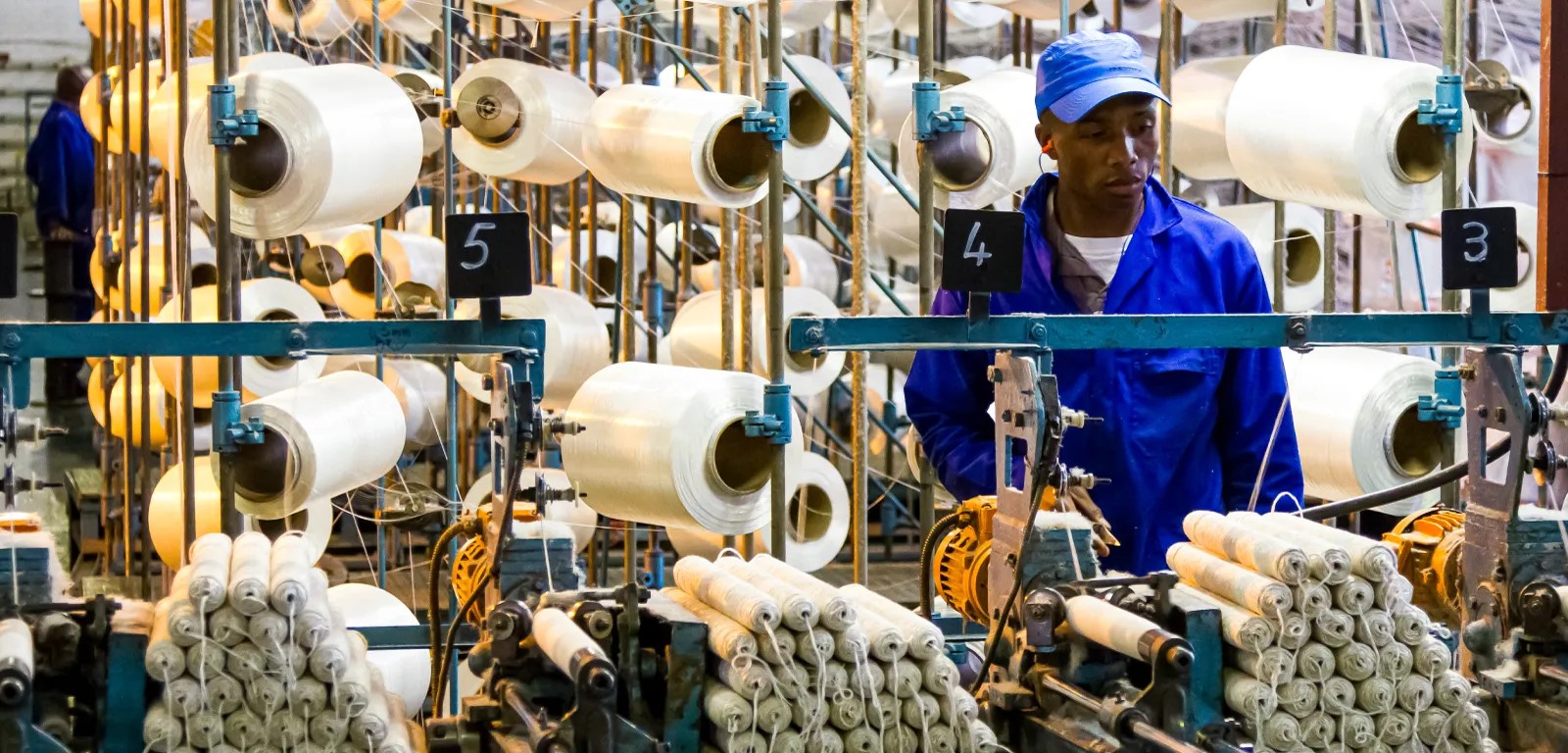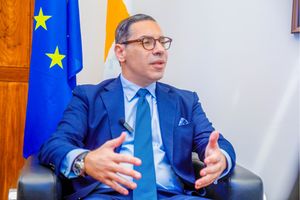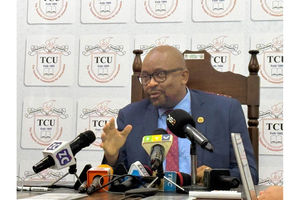Now who said maths is a boring subject ?

One of the characters of ‘Ubongo kids’ PHOTO I COURTESY
What you need to know:
One, you could just give up and tell your child that you weren’t good in maths either or you could turn on the telly and put a cartoon for them. Yes, an educational cartoon in Kiswahili – Ubongo Kids.
Imagine your eight year old bringing you his maths homework on a Saturday morning. And after a few attempts to help him get the concept, he still doesn’t get it. If this happens, there are two things involved.
One, you could just give up and tell your child that you weren’t good in maths either or you could turn on the telly and put a cartoon for them. Yes, an educational cartoon in Kiswahili – Ubongo Kids.
Ubongo Kids, which launched on January 18 this year, teaches mathematics to children through fun stories in Kiswahili. Each episode has a music video, while students can participate in the show via SMS, tracking their progress and winning prizes. One episode shows for two consecutive weekends before a new one begins.
The half-hour programme, sponsored by CRDB Bank, airs on TBC1 on Saturday and Sunday morning, at 9. For now, Ubongo kids has begun with maths but will venture into other subjects in the next seasons.
The stories are about two girls Kibena and Kiduchu and a boy, Koba. These are the main characters supported by Mama Ndege, Twiga, Ngedere, Juniour Jumbo, Da Chura, Mzee Kigo and Baba Kiduchu.
In the first webisode, we see Kibena trying to help Mzee Kigo to count the number of rats that have devoured his crops. She goes from the village to the district then to the big city and eventually to a bigger city.
Kibena comes back with a count in thousands, hundreds, tens and ones. Then she finds Juniour Jumbo, the baby elephant who blows his trunk to give the sound of a trumpet.
Together, they take the rats on a journey far from Mzee Kigo’s crops. But on the way, the bridge falls down, and the rats are separated into two groups. Some are on Kibena’s side and others are on the other side of the broken bridge.
Kibena counts how many are on the other side by taking the number of rats that had begun the journey and subtracting the number of rats who managed to be on the right side of the bridge. By the time the lesson comes to an end, Kibena has saved the day!
Ubongo is co-founded by Ms. Nisha Ligon, an American social entrepreneur passionate about education, along with mobile developer Arnold Minde, animator Rajab Semtawa and brothers, Tom Ng’atigwa (mathematics teacher) and Cleng’a Ng’atigwa (songwriter). Ubongo seeks to create engaging and localised digital content for learners in Africa.
How it all began
“It started as an idea,” recalls Ms Ligon, Ubongo co-founder. “I used to share my ideas about having an education animation with a friend, Arnold. One day he said – Nisha, you need to meet Tom. You think alike.”
Eventually, Nisha and Tom met. Tom introduced Nisha and Arnold to his brother, Cleng’a who then introduced Rajab Semtawa to the team. “When we all finally met, it was magical. We bonded instantly. It was a group made in heaven,” she says. Ubongo leverages the power of entertainment, the reach of mass media, and the connectivity of basic mobile technology to deliver innovative e-learning for an African context.
“It is a dream,” says Ms Ligon and adds: “If you would have told me ten years ago that I would be in Tanzania right now making a cartoon that teaches maths, I would have said “no”.
I love that the show has a direct impact on the viewers.” Having directed documentaries in the past, like the award winning documentary ‘Twiga Stars’, Ms Ligon says: “When you make documentaries, you show the problems.
Response
Now I’ve got a chance to make shows that help kids directly. It is awesome.” Mr Cleng’a Ng’atigwa says they are amazed at the feedback they get from the children. He mentions a few SMS testimonials:
‘My name is Najma Ali. I love Ubongo Kids. I am in second grade.’
‘Mama Ndege, please teach me -9+ -16 =?’
‘Next week will you please teach how to divide big numbers like 3652 by 637?’
‘Thank you so much, maths can be so confusing.’ “Though many African countries have made great progress in increasing primary school enrollment, schools are overcrowded, teachers are under-trained, and data shows that many students are in school but not learning,” says Ms Ligon. So is Ubongo kids the solution? “It is not,” says Ms Ligon, “we are just contributors to the work that has to be done.”
“Do I think that 12 episodes can change the education system in Tanzania? No.
But we are going to the root of all learning; we are teaching children the underlying meaning of things, the fundamentals of concepts. We cannot replace teachers, but we can supplement their work,” she says.
True education
Mr Cleng’a says that Ubongo Kids is proof that learning can be fun.
The 40-year-old went to school at Kongo Primary School in Bagamoyo, where he finished his primary education (1982-1988). He says that back in the days, the school had two classrooms only. Most of the students studied under a tree. He is one of the students who did well in school, he says. He was chosen to join Azania Secondary School in 1989.
“When we talk about quality education, I think we need to talk about good teachers, not good buildings. We need creative teaching aids to engage children in the learning process. Ubongo Kids shows that you can get quality education through a cartoon.
It’s not about fancy buildings,” says Mr Cleng’a who has a diploma in fine and performing arts which he received in 1999 from Bagamoyo College of Arts. He is also a composer, director of Ubongo kids and animator. He also runs camps, workshops and training programmes for students in Tanzania. In the US Mr Cleng’a also sculpts, paints, makes documentary films, and performs stand up comedy.
The future
Ubongo plans to add an edultainment radio series to increase their reach from the approximately 30 per cent of kids with access to television to the over 90 per cent with access to radio in mid-2014. They’re also working on an Android app that will add more interactivity and games to go along with the videos.
“The videos are available online, and we’d also love to get it on television across the African continent,” Ms Ligon says. Ubongo is currently raising money to translate the programmes into English.
Email: [email protected]



